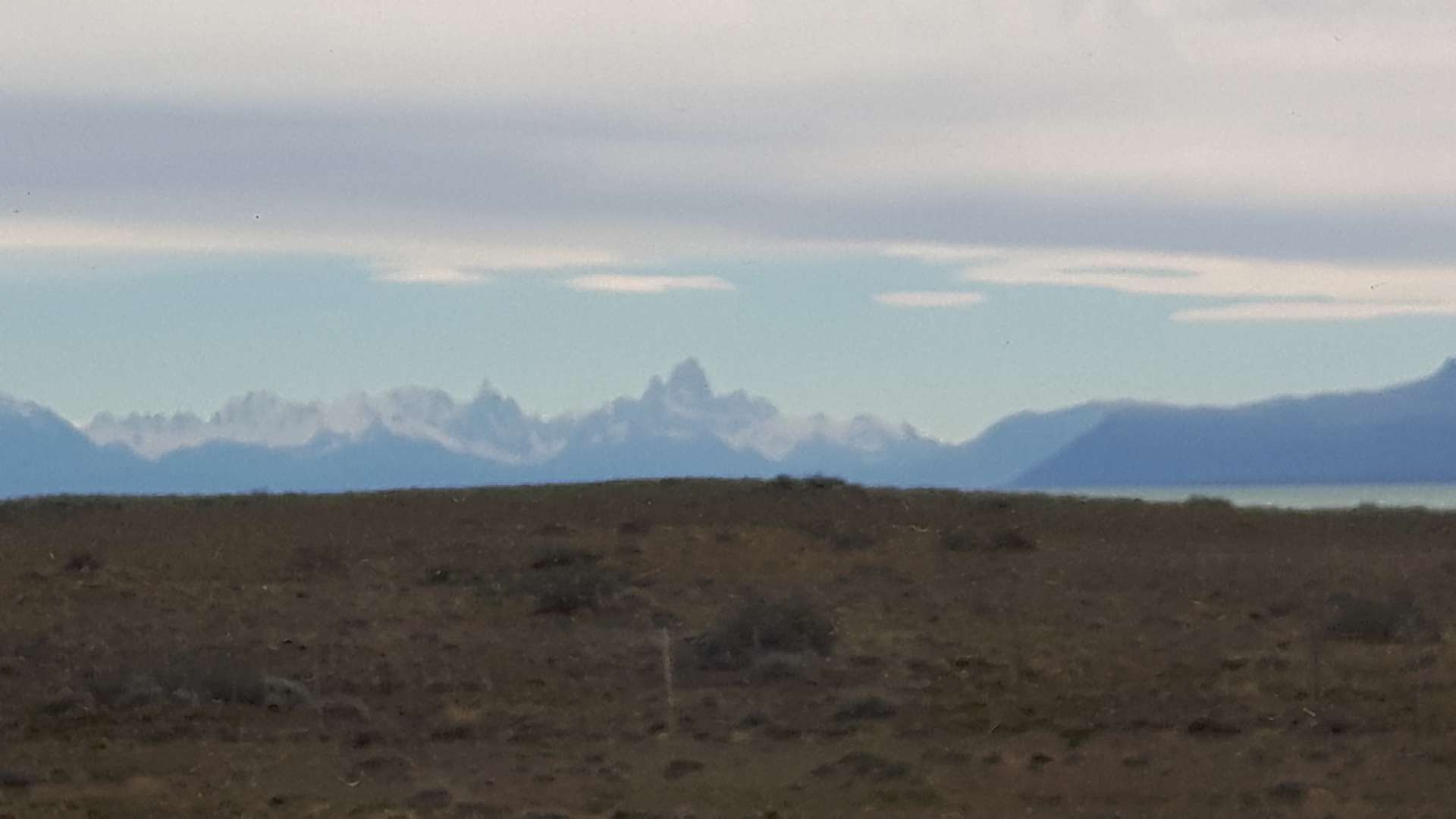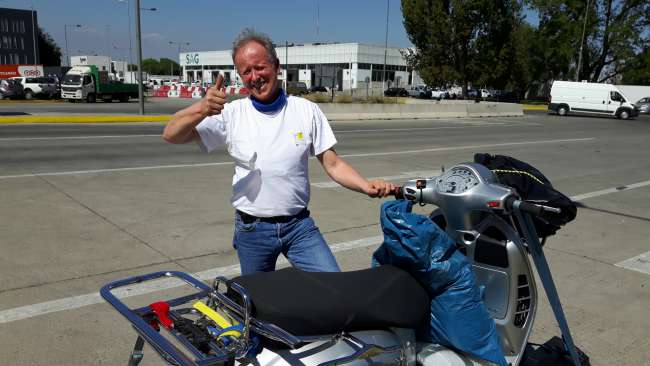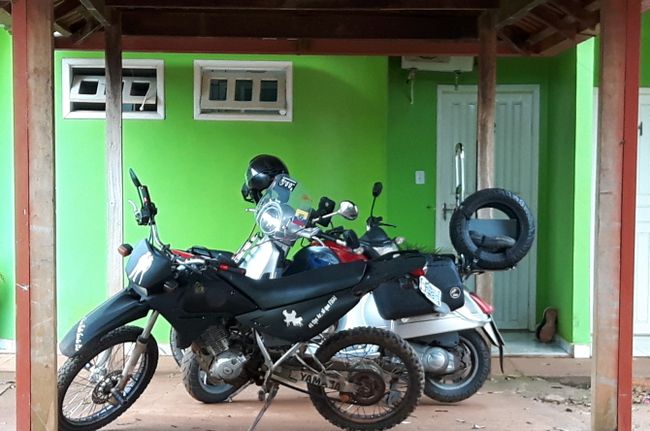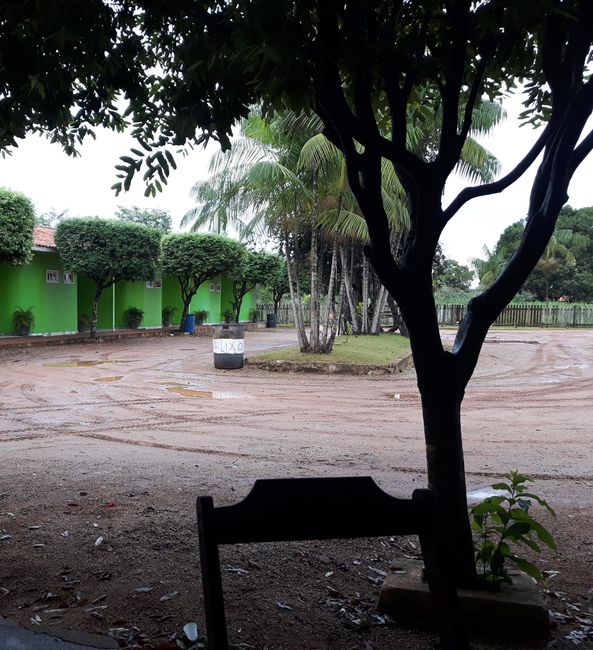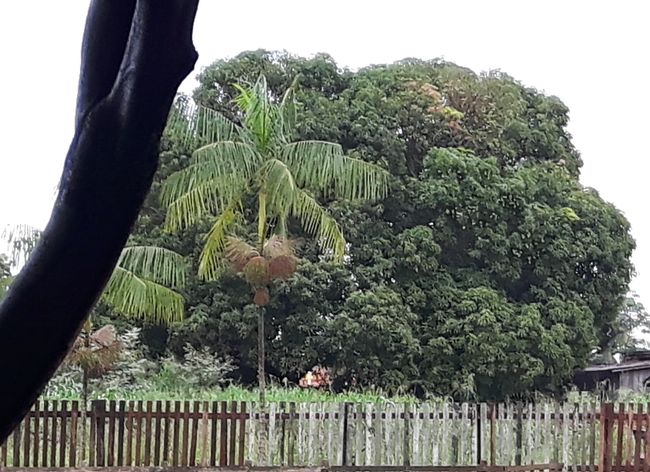27.11.: Itapua do oeste / Rondonia
प्रकाशित: 27.11.2018
समाचार पत्रिका के लिए सदस्यता लें
27.11.:
The Landesbank Berlin has agreed to it! They have accepted the copy of my passport certified by a notar in Puerto Maldonado! But only after the entire process was sent again by registered mail with acknowledgment of receipt.
I will not forget Porto Velho so quickly.
Although I exceeded a time limit and was delayed for an hour, I get away well and sit on the Vepse at half past 10.
I leave the Rio Madeira and soon have the Rio Jamari as a companion. It appears as a swamp area with large lakes on the left and right of the transoceanic road. It's just a beautiful ride, completely different from the previous days. I don't see cattle as often anymore.
There is a large gas station across from my motel that gives me the reassuring impression that I will be well taken care of there.
But. The display board only offers the liter price for 84-grade fuel. And I won't refuel with that. I fill my 5-liter reserve canister there and am allowed to leave with the reassuring information that there is a gas station 15 km away that also offers 90-grade fuel.
The weather is ideal for driving. It's very warm, but the wind while riding helps to moderate the heat. It's cloudy and dry. The Vepse is humming, the wind is coming from behind. The transoceanica road is in good condition and the traffic is manageable.
So it could be a nice ride. But after 15 km, the enjoyment of the landscape and listening to the humming of the Vepse is over. After 15 km, I know that even the recommended gas station doesn't have 90-grade fuel at the pump. The fuel gauge is now in the middle, and I still have an estimated 85 km ahead of me. For now, I have no other alternative but to drive and hope. The wind is on my side and will hopefully reduce fuel consumption. But I'm not at ease at all.
I can see the transoceanica road all the way to the horizon, but I can't nurture the hope that a gas station will surely come after the next curve.
I have time to make a plan: stop at one of the next rest areas, workshops, or houses and ask if someone can drive me to Porto Velho. Leaving the Vespa on the road and holding up the red canister may have an effect, but how will things continue then? I can't leave the Vepse behind and ride to the next gas station with someone. I would have to come back by hitchhiking. The risk is too great for me.
On the other hand, I know that the fuel gauge is faster than the actual consumption and that I have more fuel available than it indicates. Besides, I want to keep going.
I'll take my chances and actually reach the outskirts of this city with half a million inhabitants. If you haven't experienced cities of this size in South America and only have the half-millioners in Germany in mind, you can't imagine the hustle and bustle here. Apart from bad roads and quite assertive South Americans, there is still room. And that small gap on the fuel gauge is my hope. I leave the transoceanica road and enter the commotion. The sky is preparing for a heavy shower, and I drive through the streets at 30 km/h. No gas station! If I break down here at a traffic light or in the middle of an intersection - the Vepse is too heavy and too cumbersome with the side cases to move by hand. But I'm surprisingly calm - apart from the curses or soliloquies of incomprehension that there simply are no gas stations here.
And then I see the yellow shell! I associate it with a well-organized gas station with all imaginable types of fuel and a wide selection of sweets and pastries in the shop.
I couldn't be more wrong! Only 84-grade fuel.
The gas station attendant wants to send me back, but I won't give in to that. I search for about fifteen more minutes. Then I ask a Brazilian who should know, and he actually has a good answer. Drive up the parallel street a couple of blocks - there you will find 90-grade fuel. And that's how it turns out.
When the tanks are full, the sky opens its floodgates. I don't care. I feel well prepared, and the warm rain is more refreshing than anything. The streets become non-swimmer pools, the cars push fountains in front of them, and the visibility may be limited to 20 meters.
I manage to get back on BR 364. It's getting brighter again in the southeast, the road is drying up, and the Vepse is humming.
90 km to Itapua do oeste. That's something. Along the way, I find a highway rest stop and get a complete lunch for 13 reais (3 euros) with lots of meat, rice, potato salad without mayonnaise, and some cucumber and tomato salad. Even the ice-cold cola with extra ice cubes is included in the price. The boss asks me almost in passing if I'm from Germany. She seems to be familiar with German license plates. I don't understand her. And assume that she wants to bring me a lemonade. But then I understand. She has swallowed the "a" for alemao. All that arrived with me was lemao, and I associate it with her offering me lemonade. I laugh to myself. Even in similar situations, it's more funny than embarrassing. The Brazilians who have to suffer beneath me are patient and find other words.
It is indeed a daring venture to travel to a country where the second foreign language is English. Spanish is considered the first foreign language in schools, but it is rarely used.
Brazil is so big. Germany's area fits in barely 24 times.
The Spanish-speaking countries are so far away if you don't live on one of the borders.
The comparison with Americans suggests itself. Why learn other languages?
I can finally leave Porto Velho behind me. Although there is now very heavy truck traffic, it can be more or less ignored due to the two lanes that are now available.
10 km to Itapua. My watch shows 3:00 pm. That's a good time.
Itapua do oeste has about 8,000 inhabitants and consists of dirt roads and streets laid out in a checkerboard pattern.
I find my motel right on the transoceanica road. It is located below a small slope. In front of it is a large workshop that shields the noise very well.
I'm in the right place. There is a covered clothesline. I can finally dry my clothes and enjoy the feeling of having finished work.
Later, I take a walk through the town. I look for replacements for the reserve canisters I dropped yesterday and find them. It leads to a funny conversation between the shop owner, her son, and me. Because I also need a filler spout. But they don't have one. But the son disappears into the back rooms and comes back with a cut-off plastic bottle. I can't get a better funnel. He is proud and praises Brazilians for their improvisation skills. I also show them my blog so they can see the Vepse and explain my fuel problem. There is an additive available at gas stations that can be mixed with the 84-grade fuel.
I am bid farewell with good wishes and God's blessings.
Finally, I treat myself to a beer. Here, too, there are talkative and curious Brazilians. They even understand my story.
My general impression is that I'm dealing with sympathetic, helpful, and open-minded people. They have a sense of humor, behave selfishly and quite aggressively in traffic.
nao ha - the Portuguese no hay I haven't experienced yet. Instead, I received a cut-off plastic bottle.
As important as the plastic discussion is in Germany (it probably won't arrive here so quickly) - it would be disastrous for me if there were no plastic bags here....
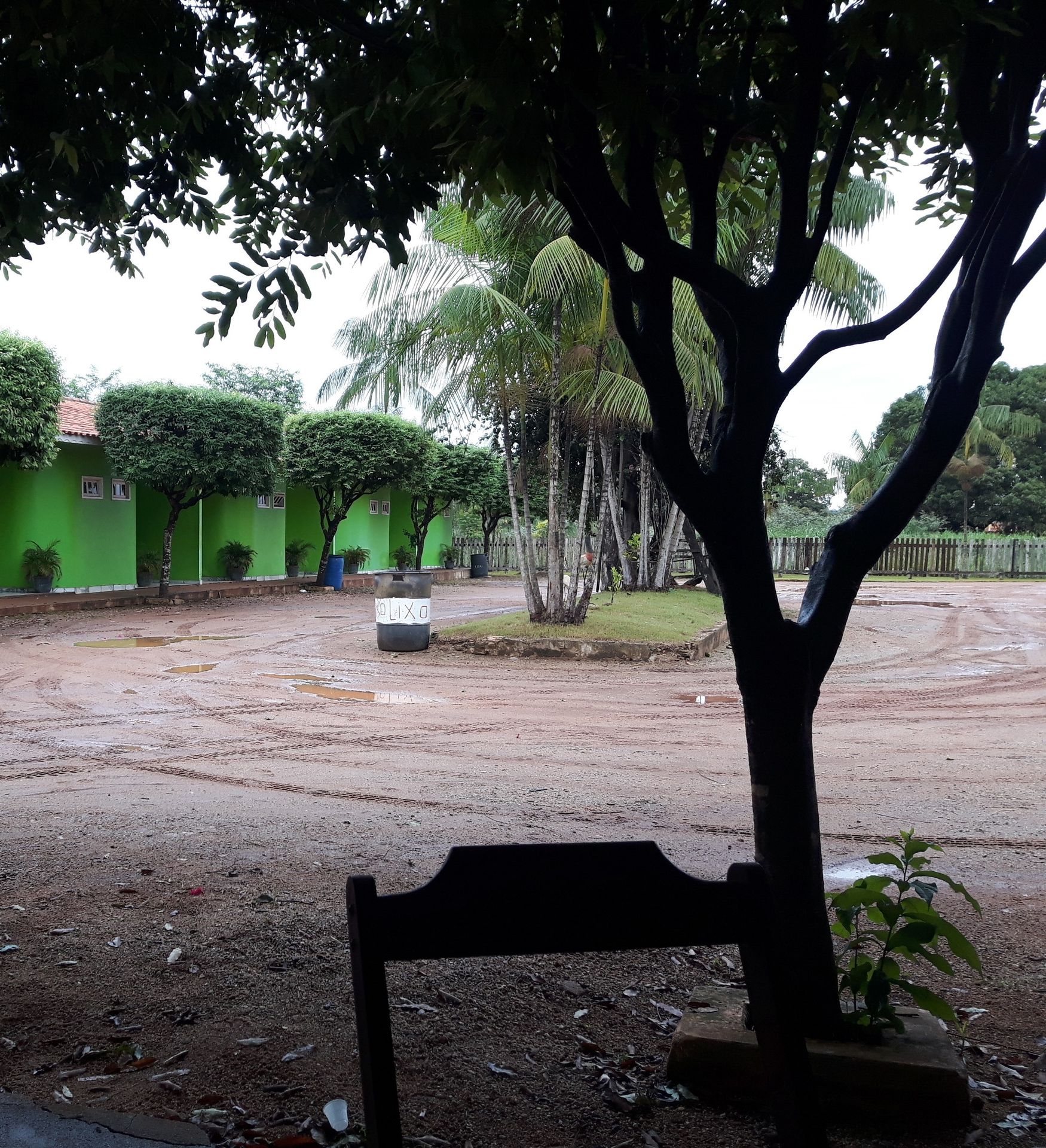
My breakfast spot. A rainy night is behind us. It remains dry

समाचार पत्रिका के लिए सदस्यता लें
उत्तर
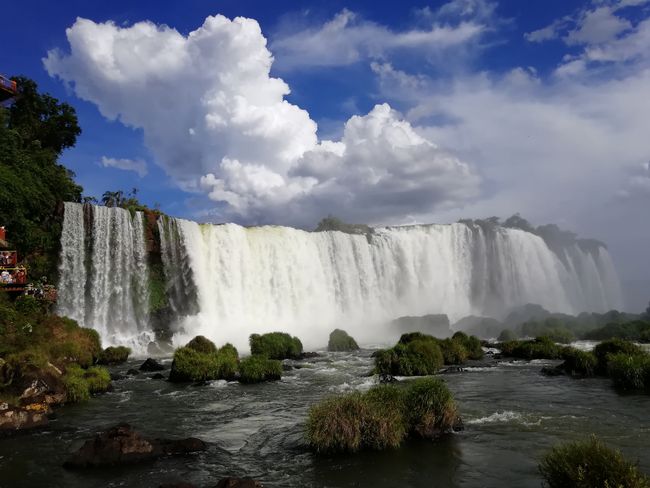
यात्रा रिपोर्ट ब्राज़िल
